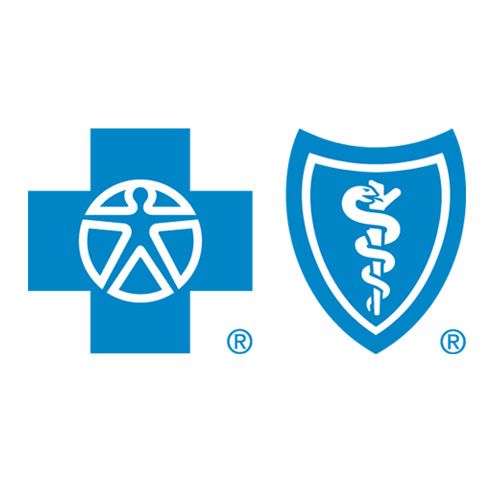Seniors who practice good oral health will be rewarded with healthy smiles
May 11, 2018In many ways, the mouth is the front door to your health. Good oral health is important throughout your entire life, including into your senior years. Taking good care of oral health can reduce their risk for many issues, like cavities, dry mouth, bad breath and gum disease—which contribute to serious issues like diabetes, heart disease and stroke.
"With proper care, you can also improve the general quality of your life," says Dr. Steve Shuman, director of the University of Minnesota School of Dentistry’s Oral Health Services for Older Adults Program.
“The backbone of preventive care is a good oral hygiene program and regular dental visits,” Shuman says.

Best practices for senior oral health
He recommends that most individuals age 65 and older get in for a checkup at least once or twice per calendar year, but notes that everyone is different, and some individuals may require more frequent checkups than others.
One aspect of oral care that is often overlooked, Shuman says, is that patients with dentures still require routine dental visits.
“Even people who have no teeth that are wearing complete dentures should be seen at least once a year to look at how their dentures are doing and also to look at their soft tissues.”
Additionally, if you have diabetes, you have a higher risk of developing serious gum disease. Schedule regular dental checkups but see your dentist right away if you notice any of these symptoms:
- Bad breath that doesn’t go away
- Swollen, painful, or bleeding gums
- Pain when chewing
- Persistent pain in your mouth or jaw
- Loose teeth
What to expect at the dentist
During the exam, the patient can expect a cleaning, usually performed by a hygienist, to remove any deposits, and any necessary x-rays to look under fillings and gums as well as between teeth.
The dentist will then perform an exam, not just of the teeth and gums, but also of the joints and soft tissues of the mouth, throat, head, and neck to look for any other problems, like oral cancer, that may be present. If the patient uses dentures or prosthetics, the dentist will examine those as well.
Additionally, the dental team will evaluate the patient’s home oral care routine and make recommendations, such as ways to improve oral hygiene.
Through effective preventive care and regular visits to the dentist, you are on your way to a lifetime of healthy smiles.


